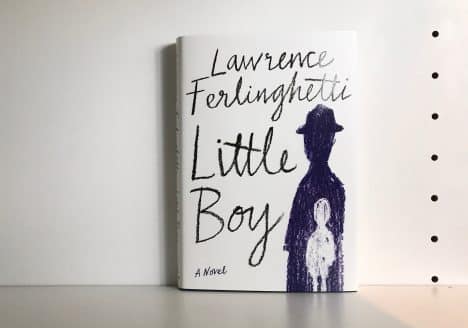Fiction Classifications
When I was looking for an agent to represent my novel, I came across some terms they were seeking. Some were looking for commercial fiction, some for literary fiction, and upmarket fiction. If you seem confused by the words, then let me explain to you what they all mean.
Also known as genre fiction, these are novels that focus on plot. There are a lot of events that take place, and the story is usually fast-paced. The external conditions matter the most, and the action and suspense keep the reader on edge. They are simple novels, straight to the point, and genuinely entertaining.
The character’s development is not neglected, no, not at all. However, the effect of the external conditions shapes the character instead of the other way around.
Commercial fiction usually covers genres such as thrillers, science fiction, and YA. Examples of these types of novels are the Hunger Games by Suzanne Collins and The Da Vinci Code by Dan Brown.
Literary fiction usually focuses on character development in the novel. The internal struggles that the character goes through are crucial. In this fiction, the reader must be able to interpret and analyze many metaphors and ideas. He must understand and explain what happens and the more profound meaning of what is portrayed.
Some people think that literary fiction is slow-paced. It’s because they strongly emphasize the character itself that the plot becomes a secondary issue. Yet things happen, and the reader must be patient to see their significant influence on the protagonist.
Also known as book club novels, upmarket fiction suits all audiences and is becoming popular nowadays. It usually addresses broad themes, and anyone can talk about it. Upmarket fiction is not a genre; it is an adjective used to classify a book, one that solves complex issues straightforwardly that everyone can understand.
Upmarket fiction focuses on both character development and plot. So, when a book is not commercial or literary fiction, it is upmarket fiction. The latter covers sci-fi, historical romance, and thrillers. An example of Upmarket Fiction is The Lovely Bones by Alice Sebold.






